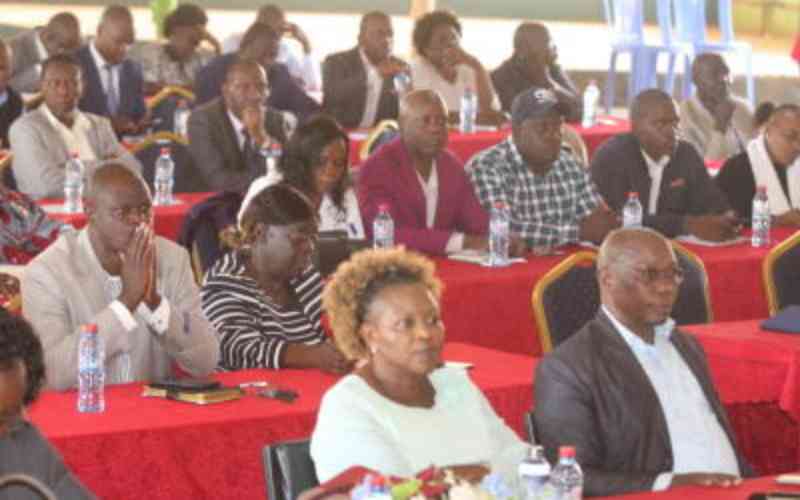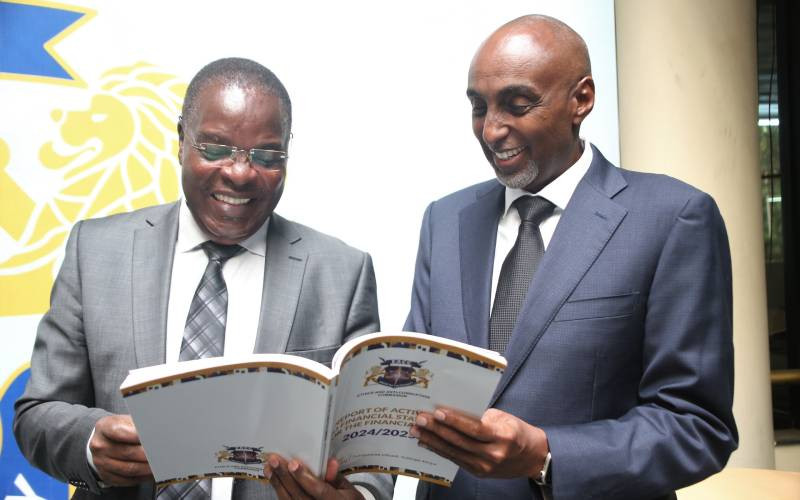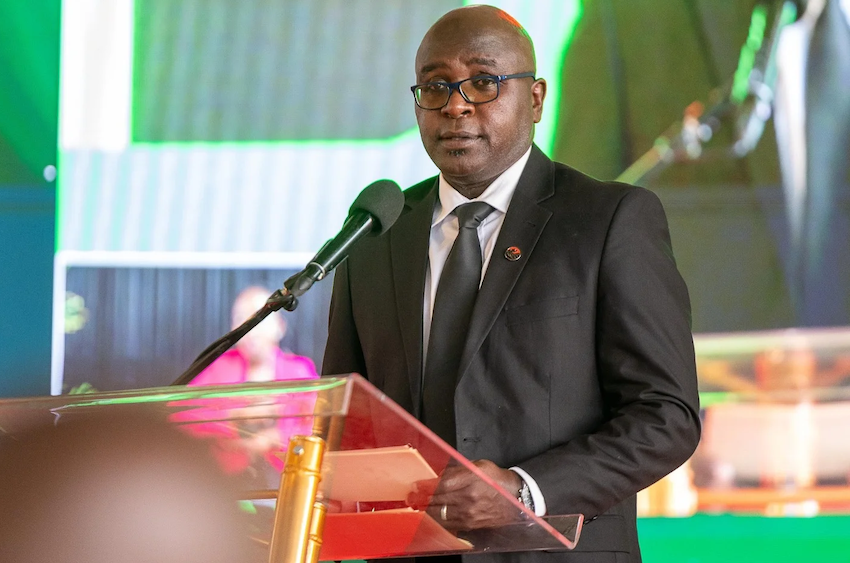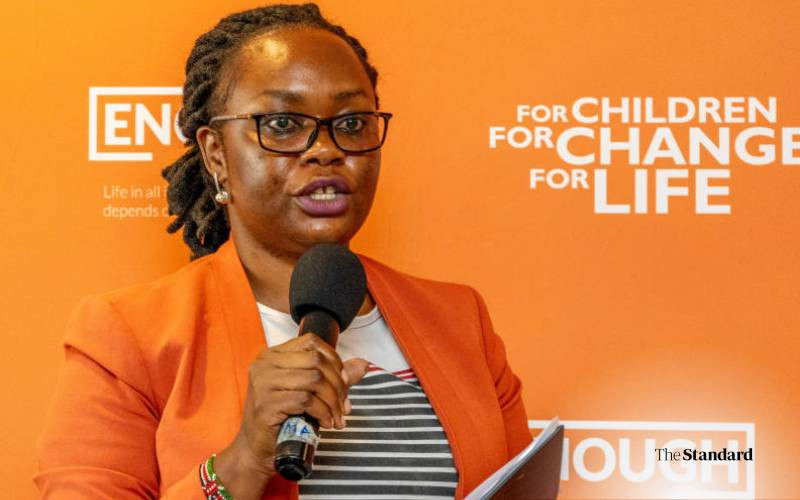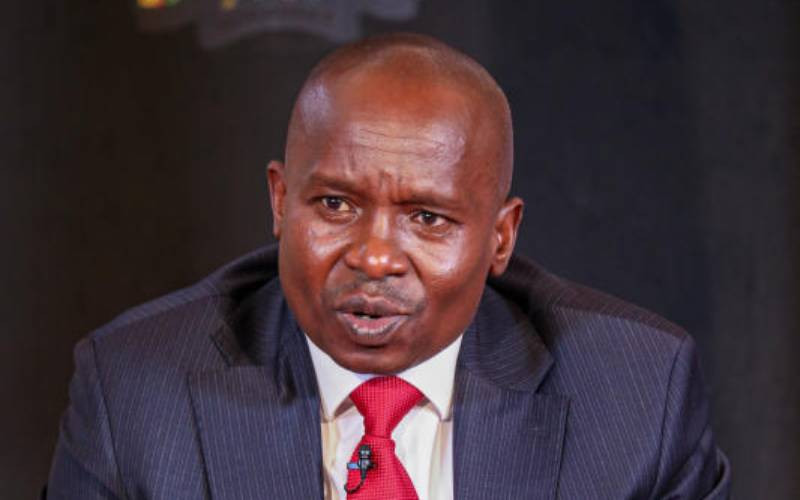Kenya’s education system has been criticised for being overly exam-focused, emphasizing grades over true understanding.
But as the country transitions from the 8-4-4 system to the Competency-Based Curriculum (CBC), a growing debate has emerged on whether the new model adequately challenges students at different cognitive levels.
Harrison Agosa, an education expert, argues that understanding the cognitive demands of subjects is crucial in shaping the new curriculum.
“Many parents and students focus on the required grade without asking about the intellectual demand of a course,” he says.
According to him, in an education system shifting from exam-centeredness to curriculum content, all stakeholders must rigorously understand educational objectives and learning outcomes.
Agosa compares cognitive engagement across various disciplines, noting that physics, chemistry, and biology demand different levels of intellectual effort.
“From the syllabus, physics places the highest cognitive demand, requiring deep problem-solving skills,” he explains.
In the humanities, geography is perceived as the most cognitively challenging compared to history and religious studies.
“Geography involves analytical skills beyond memorisation,” Agosa adds.
Even within religious education, he observes distinctions.
“Christian Religious Education (CRE) and Islamic Religious Education (IRE) have similar intellectual demands. However, IRE leans more towards application, making it slightly more rigorous in practice,” he notes.
Agosa compares Mathematics in Kenya’s CBC and the British curriculum, saying, “CBC Grade 9 mathematics aligns with the British Key Stage 3 (K3) curriculum in remembering, understanding, and applying concepts. However, it does not adequately foster higher-order thinking skills such as analysing, evaluating, and creating.”
Many assume that creative arts and sports have low cognitive demands, but Agosa refutes this perception.
“When we examine the expected learning outcomes in CBC Grade 8, it is self-evident that these subjects require higher cognitive skills,” he states.
The role of examinations in assessing cognitive demands remains contentious.
Stay informed. Subscribe to our newsletter
According to Agosa, many schools evaluate exams retrospectively, determining their difficulty only after results are released.
“The right approach is to set exams according to the cognitive demands of the syllabus. If students perform poorly, it should indicate a mismatch between teaching methodologies and curriculum expectations—not a justification for grade manipulation,” he says.
He points to the 2025 KCSE Physics Paper 2 as an example of an exam that failed to meet syllabus expectations.
“Understanding and evaluation questions were out of range, making the paper substandard. Moderating grading to force a normal distribution is like lowering a patient’s fever by putting them in a fridge; it does not address the underlying issue,” he explains.
In his serntiments, Gilbert Ang’ana of Scholar Media Africa says the claim that removing compulsory Mathematics will lead to an intellectually weaker generation is a fear-based argument rather than an evidence-based one.
“Kenya must focus on an education system that maximises individual strengths rather than trying to make every student a mathematician,” says Ang’ana.
He warns against the stereotype that struggling students should be pushed into sports, emphasizing that these disciplines demand just as much intellectual engagement as traditional academic subjects.
“Kenya’s education system must shift from force-feeding subjects to nurturing competencies that drive innovation, economic growth, and national productivity. Mathematics will always remain important, but its role should be contextualized within each student’s career path rather than imposed as a blanket requirement,” he notes.
Beyond the mathematics debate, Paul Wanjohi, director of the Sharp Education Centre, notes that Kenya is grappling with widespread failure rates across multiple subjects.
“Many students memorise content instead of understanding concepts. CBC aimed to change this but has faced implementation challenges. Educators were not adequately prepared for CBC, leading to ineffective teaching approaches,” he says.
Wanjohi further says the continued emphasis on final KCSE exams contradicts CBC’s promise of competency-based assessment.








